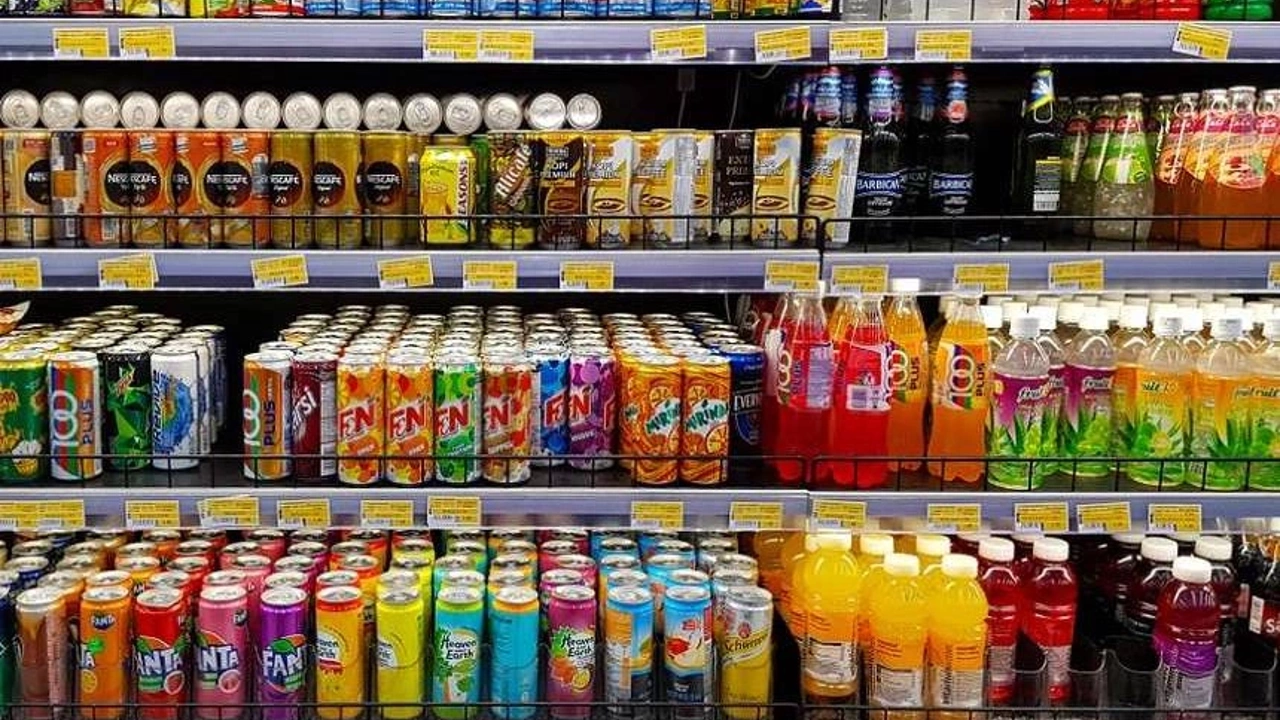Your chances of seeing dogs that have to live on the streets in the Netherlands are zero. The policy of neutering dogs without culling sets an example for the world.
Living on the streets carries risks for animals. Stray animals have a high risk of starvation, disease, being attacked by other animals, and killed or injured in road accidents. In addition, if the necessary precautions are not taken, a risky situation for human health begins to occur.
countries; The measures taken by the dogs living on the streets against the diseases they carry, their aggression and the instinct to protect their region, and the potential to harm the endemic creatures of the region they live in also vary. In some countries such as England and America, animals taken from the street are put to sleep after a certain period of time.
The Netherlands, on the other hand, has managed to reset the number of stray dogs in the country without culling them, with the policies it has been implementing for years.
In the Netherlands, due to the dog tax that was introduced in the 19th century, new dogs were added to the streets, where there were already many stray dogs, left by the owners who did not want to pay the tax. When this situation increased the number of dogs on the streets, animal rights activists, who took action, founded the Dutch Animal Protection Association in 1864.
With the initiatives of the association since then, the number of stray animals has been reset. In the past hundred years, animals living on the streets have been collected, sterilized and their reproduction has been prevented. Animals sold in petshops in the Netherlands today are subject to large taxes. Most of the people who want to adopt animals adopt animals in shelters.
Shelter animals in the Netherlands are regularly cared for and vaccinated to prevent them from contracting and spreading diseases.
WHO: There are close to 600 million stray animals worldwide
According to the World Health Organization (WHO) Zero Stray Animal Project and Animal Homelessness Index reports, it is thought that there are close to 600 million stray animals worldwide.
While some of these animals are owned by dogs who have run away from home or abandoned on the street, and puppies born from owned dogs and abandoned, a significant part of them is the new generation born from stray animals.
According to the research of the Zero Stray Animal Project based in Germany; a stray animal can sometimes give birth to 14 puppies and especially female dogs can give birth twice a year.
According to the report prepared by the Animal Homelessness Index in 9 countries, India and China stand out as the countries with the most stray animals.
While India ranks first as a country with an estimated 80 million stray animals, it is thought that there are approximately 10 million stray cats and 62 million stray dogs in the country.
It is estimated that there are 52 million stray cats and 20 million stray dogs in China. China, where approximately 3 million stray animals are in shelters, is followed by the USA with a total of 48 million stray animals.
The country with the most stray animals in proportion to its population is Greece. In Greece, which has a population of approximately 11 million, approximately 2 million cats and 700 thousand dogs live on the streets, and there are approximately 140,000 stray animals in shelters.
Stray animals being put to sleep in the UK and USA
According to the Animal Homelessness Index in the UK, it is estimated that there are 1.1 million stray animals, of which only 67 thousand are dogs. According to the Blue Cross data, which carries out studies on stray animals in the country, 100 thousand dogs are collected from the streets every year in England.
Within the scope of stray animal management, which is in the hands of local municipalities, after a dog is taken from the street, it is placed in shelters and treated if it has a disease. While the authorities in the region where the dog is found are informed about the found dog, associations and foundations for stray animals are also informed.
If the dogs found are not taken by the owner within 1 week, and if they are not adopted by another person, institution or association, they are put to sleep. In the USA, although this period varies according to the states, the result is still the same as in the UK.
Microchip makes it easier to find owners of lost or abandoned animals
Responsible animal ownership is one of the recommendations of animal rights organizations to reduce the number of stray animals and prevent their deaths.
It is among the recommendations made that animal owners, who have responsibilities such as having the necessary health checks, microchipping and neutering, be punished if they do not do these.
Emphasizing the importance of getting microchips and wearing a collar with contact information, the Zero Stray Animal Project points out that an animal lost with a microchip can be easily returned to its owner, and even if it is abandoned, its owner can be found and punished.
Another recommendation is not to neglect neutering. In this way, the unwanted breeding of the owned animals is prevented and the number of animals living on the street is reduced.





















































